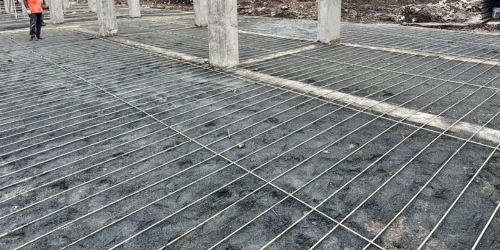Road construction has always relied on materials that offer strength and longevity. Steel rebars have been a staple for reinforcing concrete in roadways for years. However, as infrastructure demands evolve, composite rebars, especially Glass Fiber Reinforced Polymer (GFRP), are becoming a popular alternative due to their unique benefits.
Steel rebars, while strong, are prone to corrosion, particularly in areas where roads are exposed to moisture, deicing salts, or coastal environments. Over time, this leads to structural weakening, requiring frequent maintenance and repairs. On the other hand, GFRP rebars are non-corrosive, ensuring that roads reinforced with these materials last longer with minimal upkeep.
Additionally, GFRP rebars are lightweight, making transportation and installation more cost-effective. Their high tensile strength and low thermal conductivity help in reducing temperature-induced stress on road structures, enhancing durability. For long-term sustainability, composite rebars are the ideal choice, aligning with the global push for greener infrastructure.
By transitioning to composite rebars, the road construction industry can significantly reduce maintenance costs and enhance the overall life cycle of roadways.

